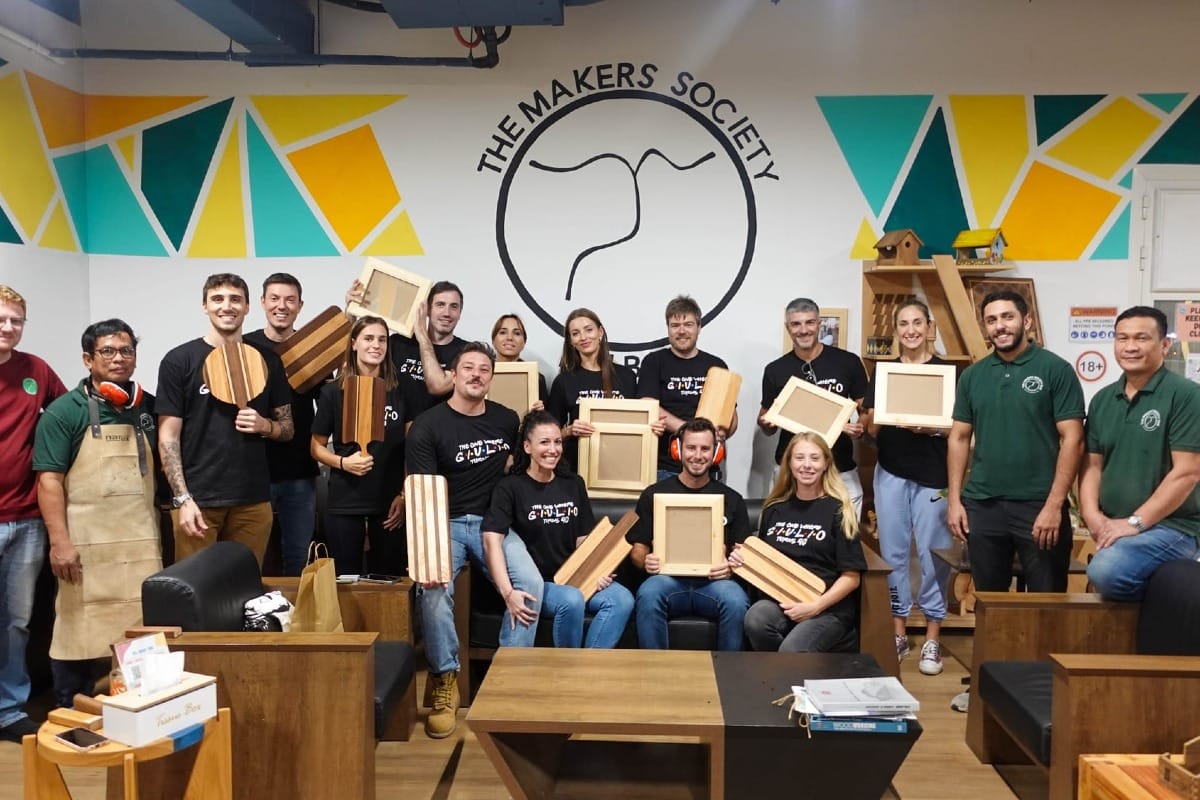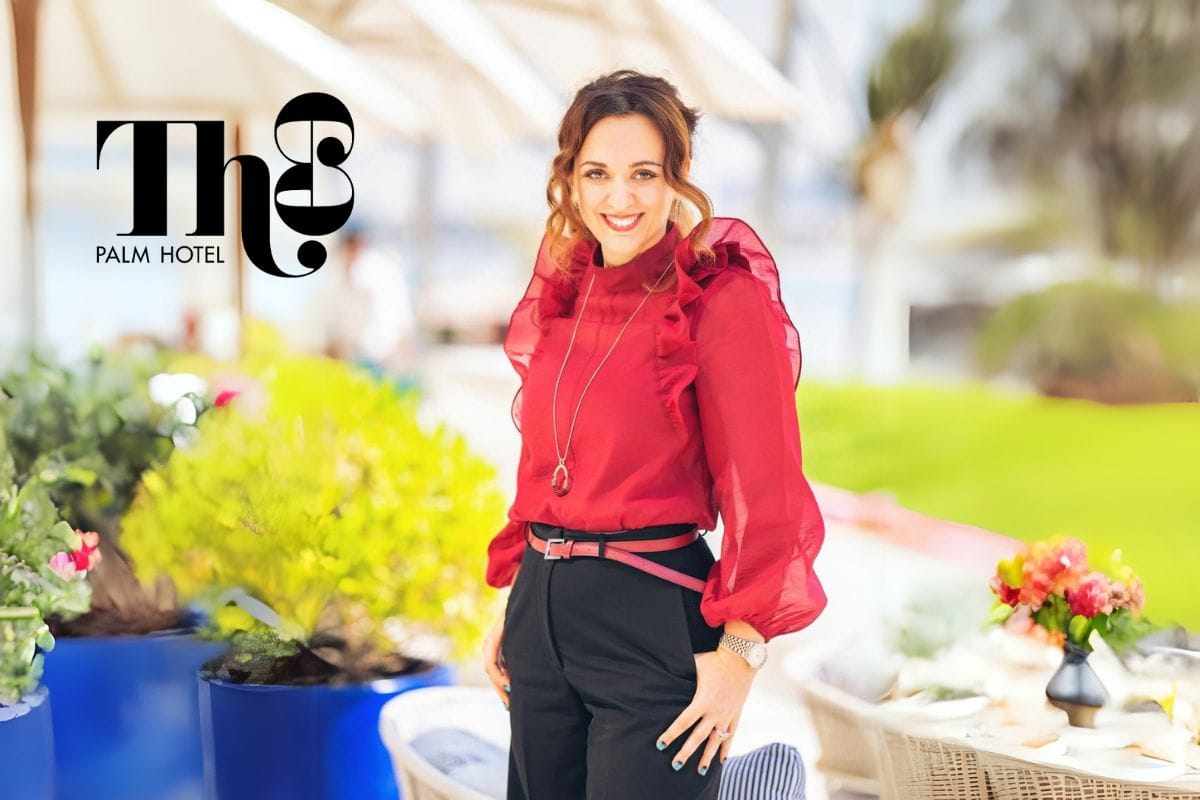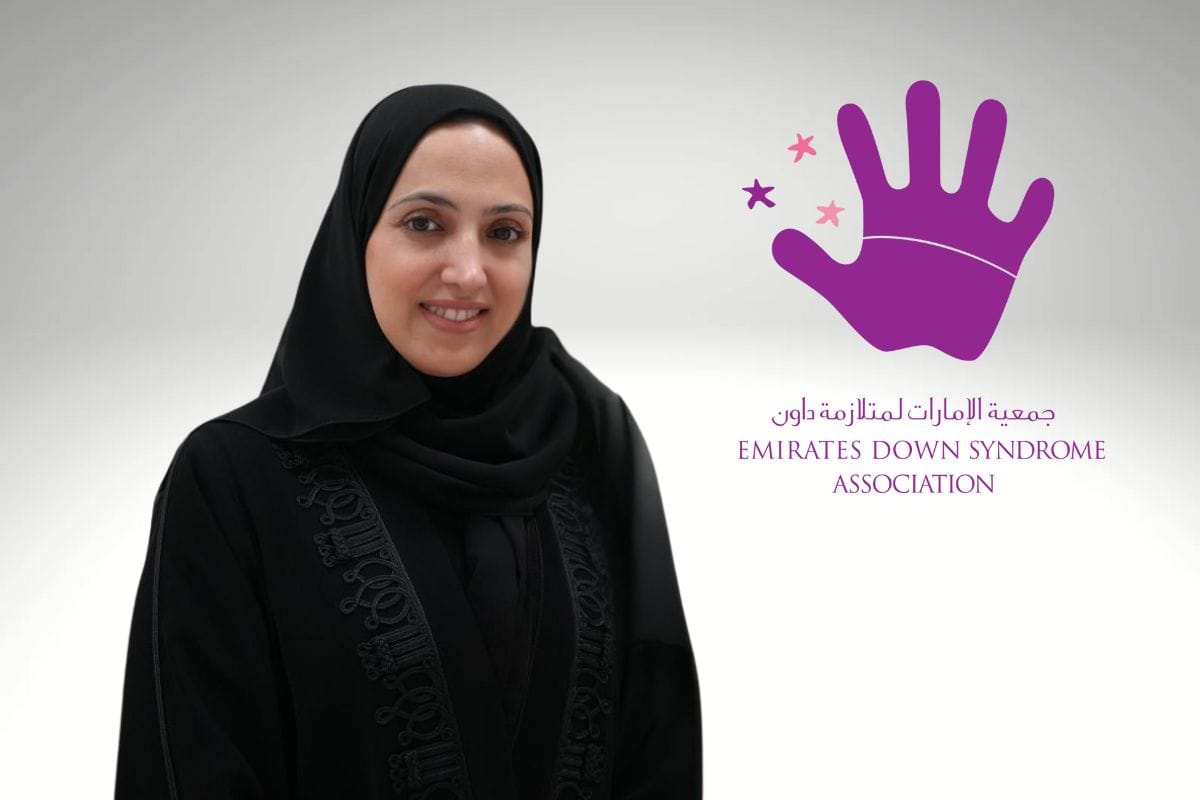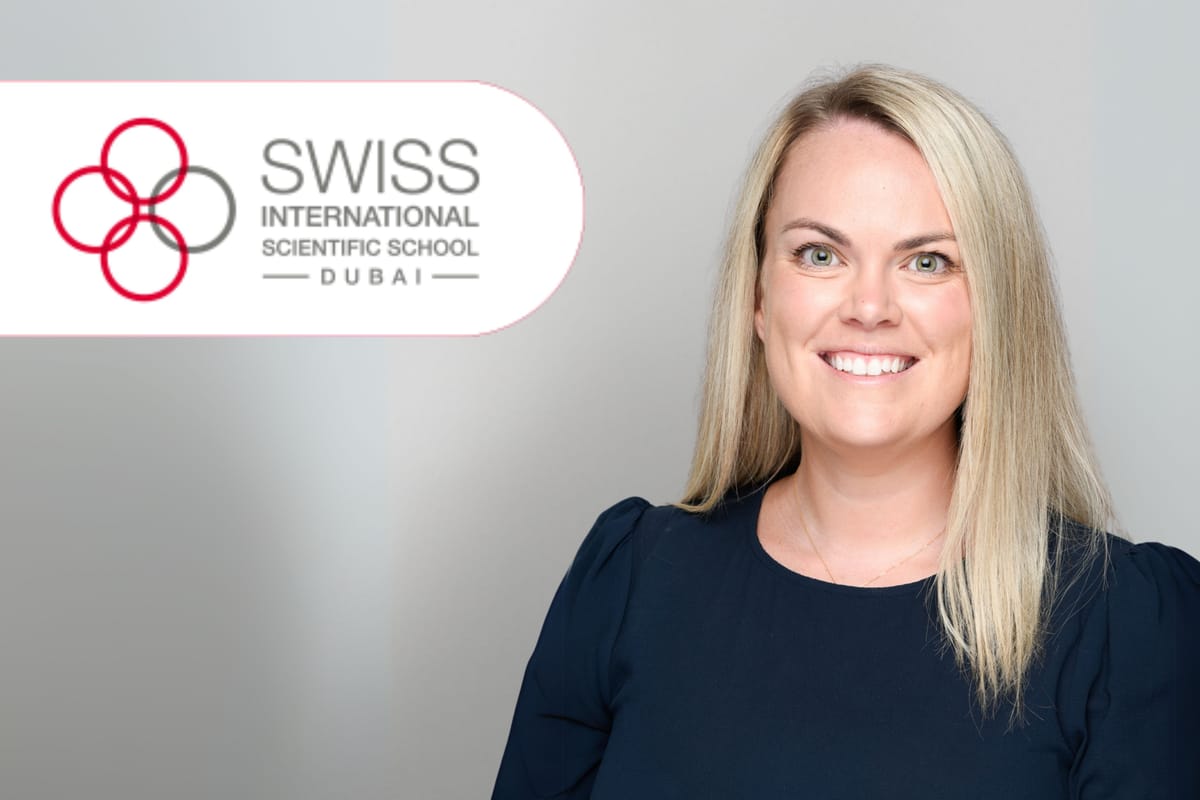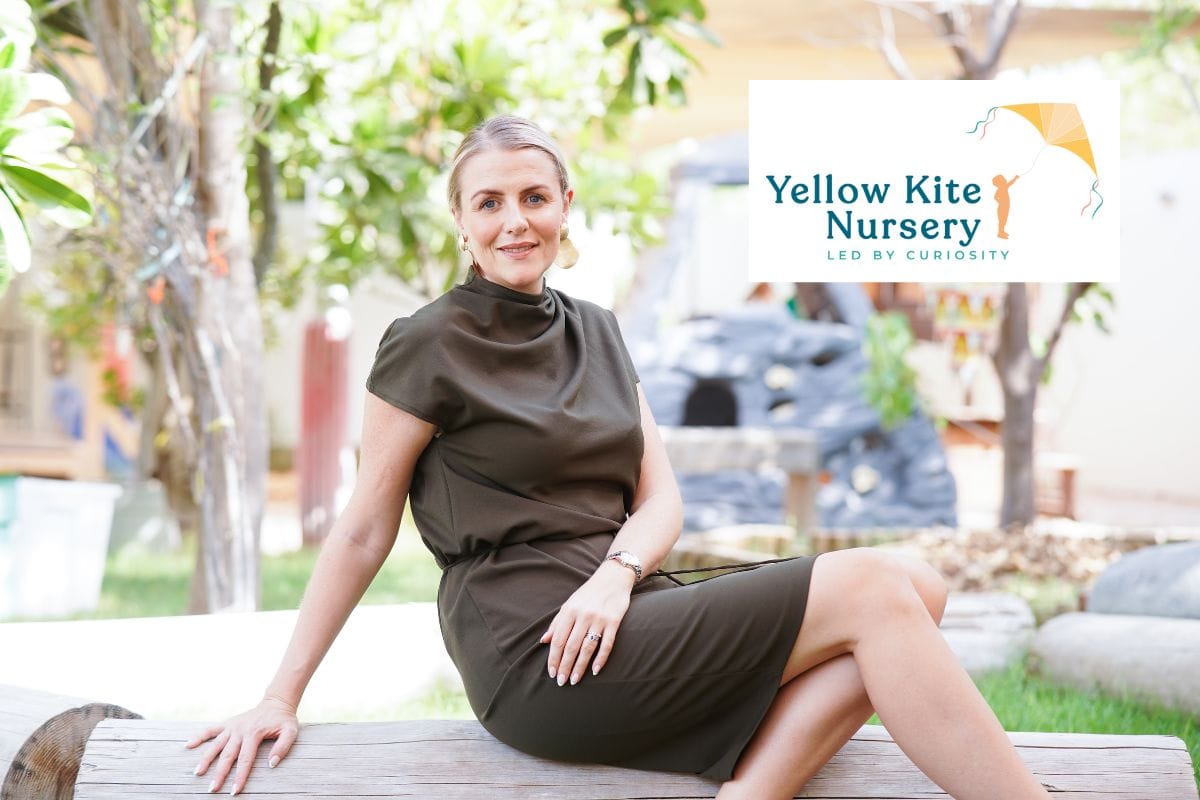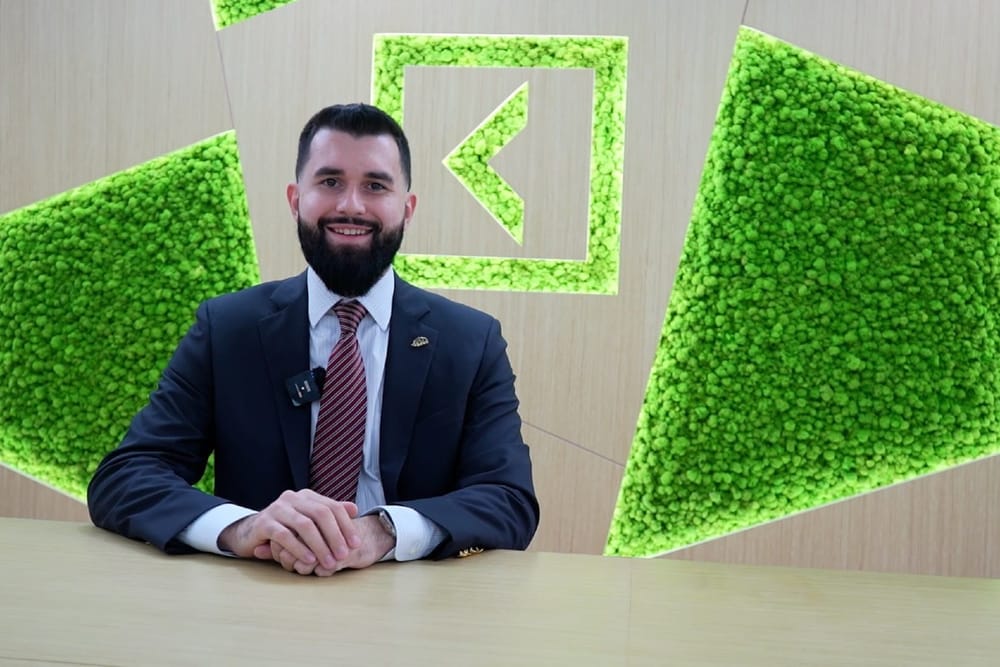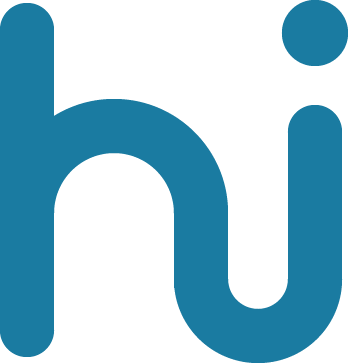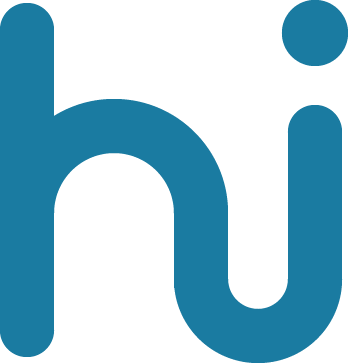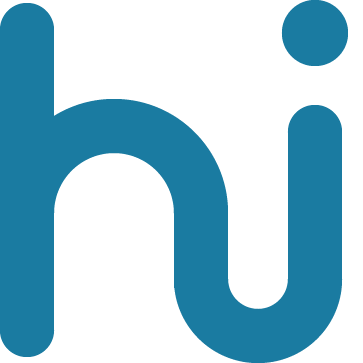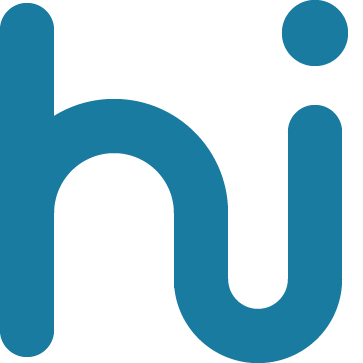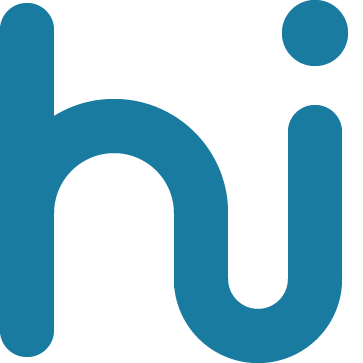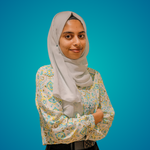Synergy University has been a beacon of academic excellence since its founding in 1988, growing to encompass over 300 branches worldwide, including its vibrant Dubai campus. At the helm of student recruitment and marketing, Andrew Vitiuk brings a decade of experience, starting as a student recruitment officer in Moscow before transitioning to Dubai. With a passion for nurturing talent and a firsthand journey of academic growth within Synergy, he discusses with HiDubai how the university's Dubai campus is moulding itself to champion innovation and global opportunities.
Can you tell us about Synergy University’s history and how your experience in marketing brought you to the university?
There's a Russian proverb that goes, "without knowing your past, you cannot build your future". Synergy University was established in 1988 and counts more than 30 years of excellence today. Throughout this period we developed so much and opened more than 300 branches worldwide - including this campus in Dubai - and representative offices in countries such as India, China and in cities like New York and London.
I joined Synergy University in Moscow 10 years ago as a student recruitment officer and transferred to Synergy University Dubai 7 years ago, so it's been a long time. My job was to source talented students and recruit them for university programs. Thanks to Synergy University, Synergy Business School, and Synergy Academy, I was able to develop my skills and learn more, eventually becoming the head of student recruitment and marketing. I also completed my bachelor's degree at Synergy University.
Why do you believe that Synergy University is positioned to lead in areas like online learning, industry partnerships and entrepreneurial education?
University as an institution is deeply traditional, with a history spanning hundreds of years. It’s not particularly adaptable to change—that’s the challenge. The world as we know it today is evolving at a rapid pace, especially with new technology like artificial intelligence. At Synergy University, we prioritize adapting to these changes, which is why we introduced online programs. We now offer more than 1,000 online courses, enabling people from around the globe to study wherever they are. These programs are kept up-to-date and are developed in line with the employment requirements of our industry partners. We work closely with over 200 companies locally in Dubai and thousands more worldwide to understand the exact skills and qualities they seek in future employees—our students.
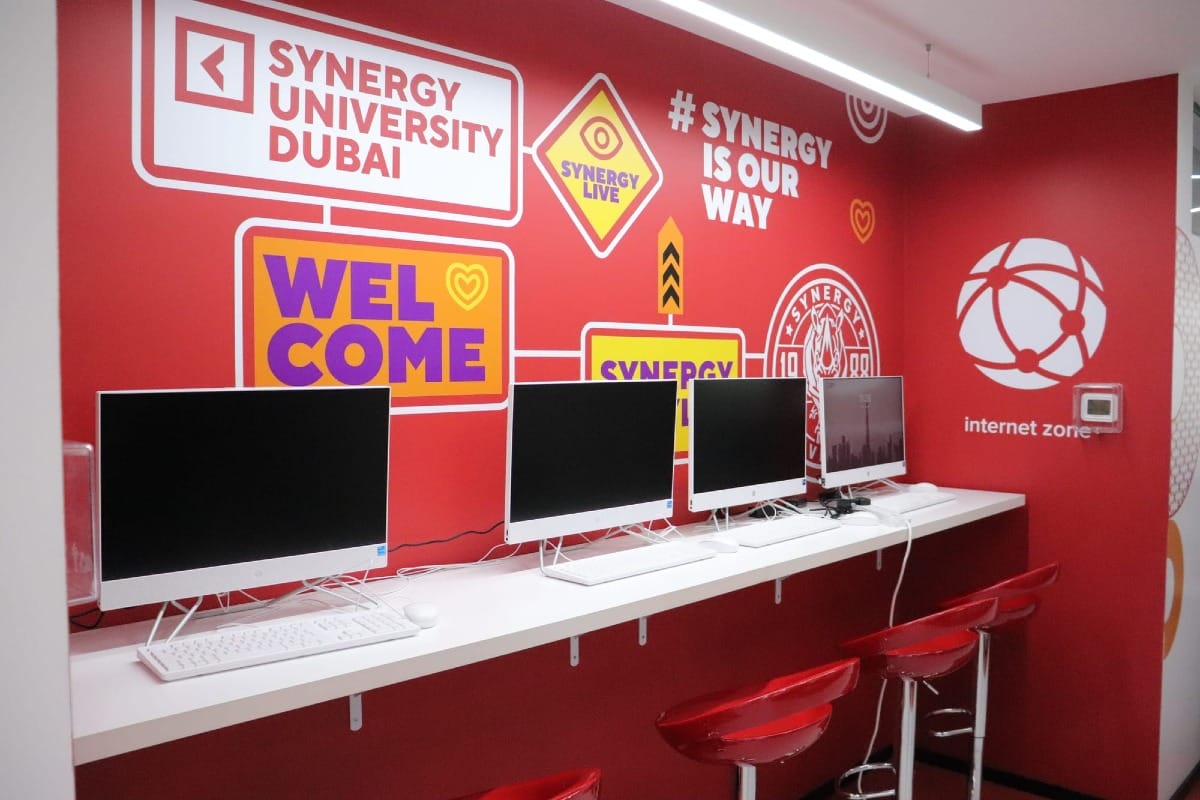
What makes Russian education, as a less mainstream option in the UAE, a trusted choice - how has Synergy University adjusted its approach to align with local cultural and academic expectations?
There are many similarities between the Russian curriculum and other curriculums you can find here in the United Arab Emirates. In the UAE, universities follow various backgrounds, including British, American, European, and the local UAE curriculum. Russia and the Russian curriculum are part of the Bologna Process. This means that, like other universities, we offer a four-year bachelor’s degree. While some universities may vary slightly, in general, European curriculums follow this structure: a four-year bachelor’s degree, a master’s degree, and subsequent levels of education, such as PhDs.
Here's what makes the Russian curriculum stand out and why I believe it’s the next mainstream curriculum in the UAE. If you compare an average bachelor’s degree program in a British curriculum university, for instance, to a Russian curriculum bachelor’s degree, there’s a noticeable difference in credit hours. Under the widely accepted Credit Transfer System, the average British curriculum bachelor’s degree consists of 180 credit hours. In contrast, the Russian curriculum averages 240 credit hours. This means students receive significantly more knowledge throughout the program.
What’s even more fascinating is that despite this additional value, you pay roughly half the cost. So, you get twice as much knowledge for half the price. When students from other universities learn about this, many decide to transfer to pursue a degree that is recognized globally and locally here in the UAE, as we are licensed by KHDA, the local education authority.
Currently, I’m proud to say that as of last year, we are now ranked mid-tier among universities in Dubai in terms of the number of students. By 2027, our goal is to become the number one university in Dubai. So, there’s definitely been a rise, and we’re excited about what’s ahead.
What qualifications are required for your faculty members, and what is the vetting process to ensure they meet your standards?
Faculty members are the heart of any university. A university is its faculty first—only then come the campus, student services, support systems, and everything else. Of course, we meet the high standards set by KHDA, the local authority, as well as those of our home campus and international benchmarks. But that’s just the starting point.
We go further to make sure our faculty members hold PhDs, have decades of industry experience, and bring real-world expertise to the table. For example, in a program like hotel and restaurant management, it’s not enough for our faculty to just know the theory—they need practical experience and industry connections. This way, they can teach students from their own experience, not just from books, which can quickly become outdated. Our priority is to give students the most up-to-date knowledge and skills they’ll need in the real world.
Since I focus mostly on recruiting students, I leave the faculty hiring to our dedicated academic department. It’s a complex process that involves our quality assurance team and academic departments both locally and at our home campus. They ensure every faculty member meets all the standards and requirements. It’s a detailed process, and they handle it with care to make sure everything is done right.
How do you implement the approach of gaining four years of work experience by graduation, and is there data showing it improves career outcomes for students?
We have a Career Center department at our Dubai campus, whose key function is to conduct industry outreach and establish connections. Presently, we have more than 260 industry partners across the UAE and collaborate with them to enhance our students' academic trajectories.
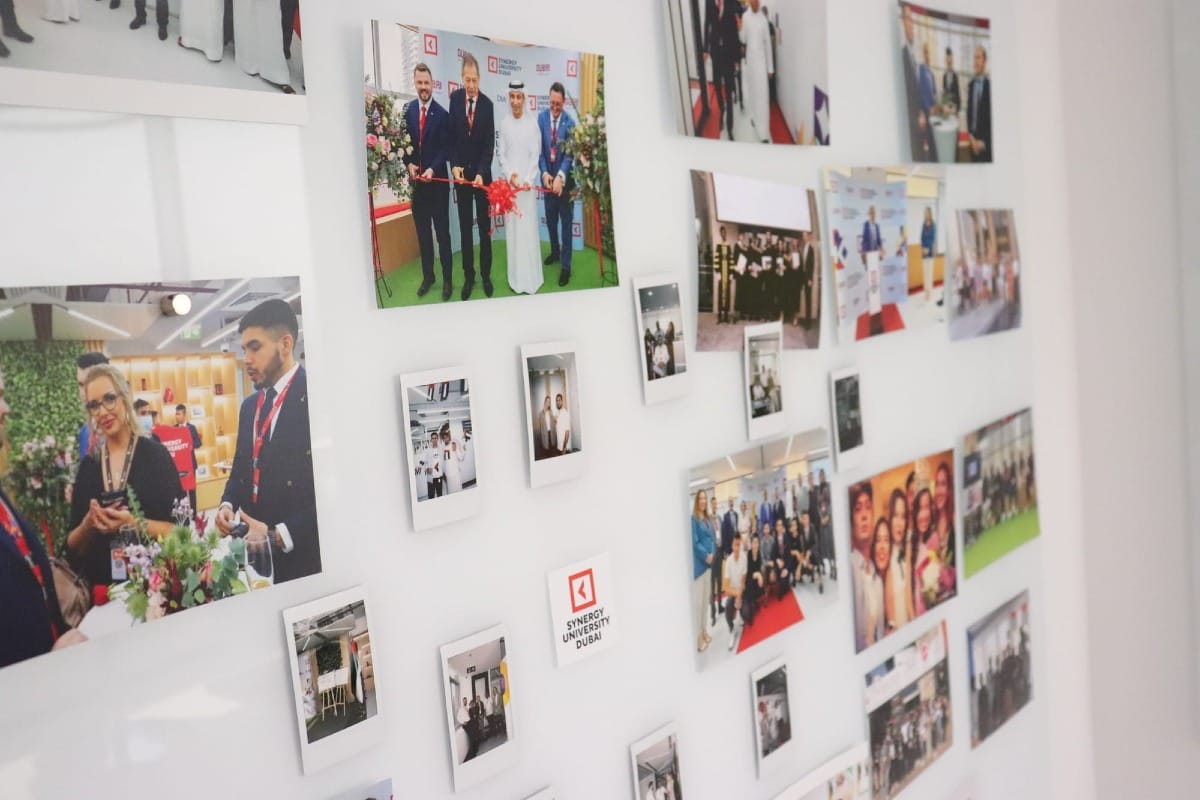
We offer internships starting from the first year of study, so by the time our students graduate, they have a full year of experience, aligned with local laws and regulations. Students on a student visa are allowed to work up to 20 hours a week. Since we’re located in DMCC, this makes it convenient for our students to find part-time work. They typically begin with internships, gradually building their careers with the support of our career center.
For master’s degree students, the program is much more flexible. Their classes are held in the evening, allowing them to work during the day and study at night, striking a balance between professional development and academics.
Our internship rate exceeds 70%, which speaks to our focus on practical experience. To put it into perspective, imagine you’re an HR manager hiring for a hotel. You have two candidates: one with a bachelor’s degree but no experience, and another with both the degree and four years of hands-on experience. The choice is clear. As someone involved in recruitment at Synergy University, I always prioritize candidates with real-world industry experience alongside their academic knowledge—it’s a no-brainer.
Synergy has an extensive network of academic partners. Could you highlight any recent or particularly impactful collaborations from these partnerships?
We have both industry and academic partnerships that we’re incredibly proud of. On the academic side, we’ve partnered with Shantou University in China, which specializes in business studies and management and economy, to implement a 2+2 dual degree program. Students study for two years at Synergy University, taking core subjects and learning the Chinese language, before transferring to the partner university. This program, launched in 2023, has already sent its first group of students to continue their studies in China—a milestone we’re thrilled to have achieved.
On the industry side, we’ve seen remarkable success stories. For instance, a group of Filipino students who graduated from our Hotel and Restaurant Management program secured positions with Accor, one of the largest global hospitality companies. What’s particularly exciting is that these aren’t entry-level roles—they’re in the corporate office, working in areas like marketing. It’s amazing to see our students achieve such career milestones by the time they're graduating.
Which course at Synergy University is the most popular among students, and what emerging industries or sectors do you see Synergy focusing on in its curriculum or partnerships over the next few years?
According to our student recruitment reports, the absolute crowd favourite is our Innovative Entrepreneurship bachelor's program. I was quite surprised that students were more drawn to this course than our other programs such as Global Economy and Sustainability, Hotel and Restaurant Management. I think it stems from a place of wanting to build something solid by utilizing technology and innovation, to become successful in that space like Elon Musk.
Global trends clearly point toward technology and innovation. We already have a program focused on innovation, and we're taking it a step further with our latest program in the pipeline, Information Systems and Technology.
We are also planning to implement courses in marketing, law and logistics - as one of the world's most important logistic hubs, it only makes sense that we launch a logistics program in Dubai!
How does Synergy University measure its position within the Dubai education market, especially compared to other international institutions?
As the student recruitment manager, I measure success by the number of students we recruit. Last academic year, we launched with around 400 students, and with future intakes and pre-registrations, we expect to recruit 500-600 students. While there are other ways to assess university success, such as research, faculty quality, and international recognition, my focus is on recruitment. Currently, we’re positioned in the middle, but by 2026, we aim to recruit over 1,000 students, with the goal of becoming number one by 2027.
Synergy’s Dubai campus has been operating since 2013. What key milestones have you achieved locally over the past decade?
For Synergy, milestones are not just about the number of students recruited but also the new programs we’ve implemented. We’re currently launching programs like Information Systems and Technology, and we’ve expanded to a larger campus, which is almost at full capacity. To accommodate all our international students, we’re now opening a second campus.
We also hosted one of the largest business conferences in Dubai, the Mega Campus Summit, which earned a spot in the Guinness World Records as World's Largest Attendance for an Entrepreneurial Conference.
Additionally, we’ve grown our team, particularly in student support, ensuring we provide comprehensive care to our students from application to graduation. It’s been a productive and exciting time for us.
Can you share any success stories of Synergy University graduates who have made significant contributions to their industries or played a key role in the UAE’s economy?
While people may expect me to mention big names like Steve Jobs, Elon Musk, or Bill Gates, the real impact comes from regular people, just like you and me. Our graduates, collectively, contribute significantly to the global economy. While I may not remember all their names by heart, the easiest way for me to find these stories is through LinkedIn. I simply look up "graduates of Synergy University" and gather a few screenshots to verify their achievements. For example, Dmitrii, a graduate of Synergy University Dubai, is now the CEO and founder of Alnair, a local real estate company. We also have graduates like Dr. Zainab, working as a human resources business partner at AGMC, and Mr. Asadov, now the CEO of Asadov Capital. These are just a few examples, and the list is extensive. Anyone can verify it by visiting LinkedIn and searching Synergy University Dubai's graduate profiles. I'm proud of our alumni and the fact that our university plays a role in helping them find their place in life.
How does Synergy track its financial growth, and what key metrics does the university focus on to maintain sustainable growth in an increasingly competitive market?
The sustainability of our operations is ensured by our consistent growth in Dubai and the support of our home campus, which counts more than 200,000 students worldwide. However, we don't cut costs with regard to the faculty or the quality of education, despite that being a large part of our expenses. Admittedly, this is a significant portion of our expenses, but it’s absolutely worth it.
We also prioritize transparency and engagement. Each week, we host open houses and open days where prospective students can meet our faculty in person. This helps them feel confident about making the right choice.
Last year alone, we invested over 2 million dirhams in staff development, including our faculty. We focus heavily on research, faculty development, participation in industry forums and conferences, and encouraging our team to publish articles. This commitment ensures we maintain and enhance the quality of our education.
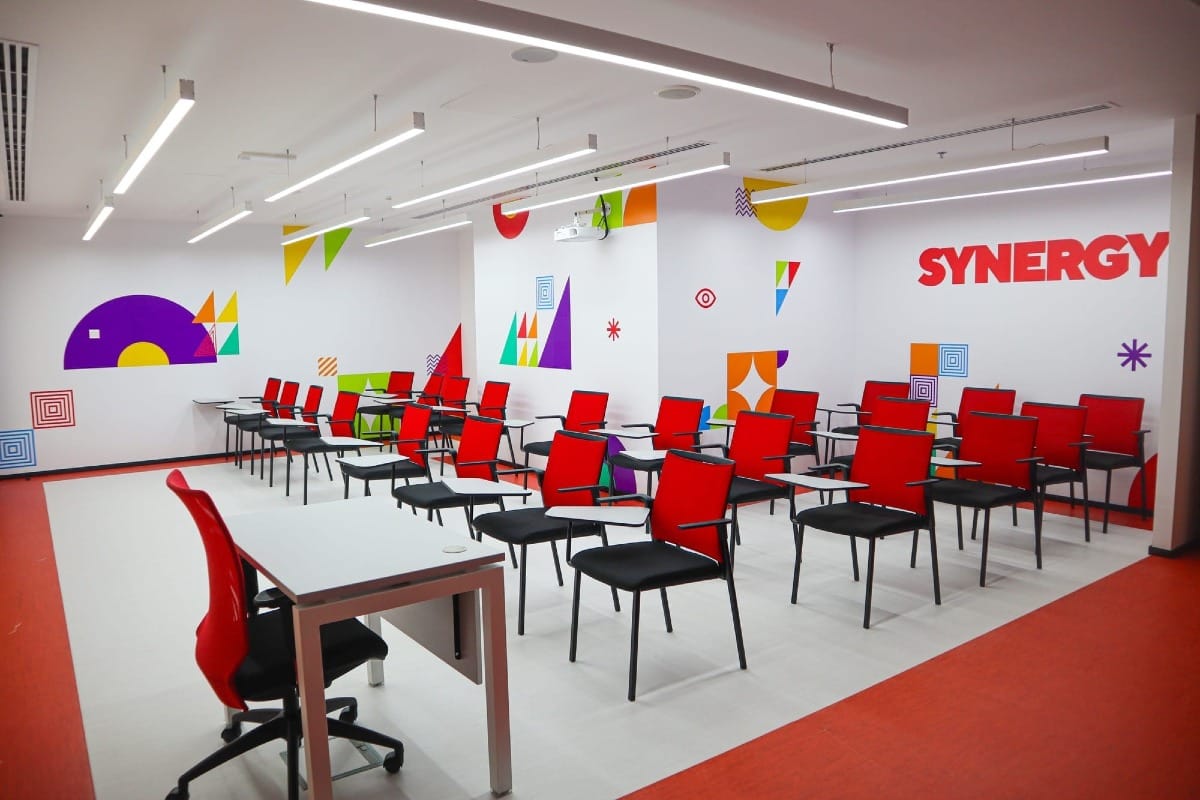
Now that the Mega Summit 2024 has concluded, what immediate steps is Synergy University taking to integrate the ideas and innovations discussed at the event into its programs and strategic initiatives?
I believe we’ve already made significant progress. For instance, we provided free access to the summit for all faculty, students, and staff, giving them a chance to absorb these ideas firsthand. To take it further, we hold brainstorms within our student clubs—like the entrepreneurship and sports clubs—where these concepts are discussed and turned into actionable plans. For staff and faculty, we share and workshop these insights during internal meetings, often implementing them the very next day. It’s a dynamic process that ensures the ideas don’t just stay theoretical but become part of our everyday practice.
As the CCO, what are your priorities for the university’s growth and development in the next five years, particularly in terms of new programs or regional influence?
In about 4 or 5 years from this moment, we’ll witness the results of the work we’re doing today, marked by the graduation of the first batch of bachelor’s degree students from our upcoming IT program. These graduates will go on to build their careers in the field, and my focus is on ensuring that both students and the faculty working alongside me in areas like marketing and student recruitment are fully supported and satisfied.
One of my favorite speakers is Gary Vee (Gary Vaynerchuk)—I’m sure you’ve heard of him. He spoke about the importance of leveraging social media, particularly LinkedIn, which he described as the new Facebook of our century. Harnessing the power of social media to promote Synergy University, highlighting the benefits of our Russian curriculum, and spreading the word about what we offer will be a priority. We aim to introduce new programs, improve our rankings, and expand our presence with representative offices in other Emirates, the GCC, and beyond. There’s plenty to look forward to, and I’m excited to be part of this journey!
Also Read:
